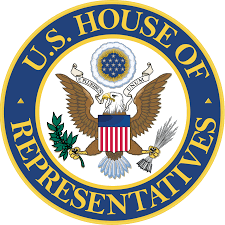State AG Urges the U.S. House Action to Protect First Responders
Mike Seals - May 21, 2020 11:24 am

Attorney General Hunter Urges the U.S. House to Pass Bill to Protect First Responders from Coronavirus
OKLAHOMA CITY – Attorney General Mike Hunter today joined a bipartisan coalition of attorneys general in sending a letter to Congress, urging members to pass the Safeguarding America’s First Responders (SAFR) Act.
The Act would permit the families of first responders, who die or are permanently disabled as a result of COVID-19, to receive the same federal benefits extended to first responders, or their survivors, otherwise killed or injured in the line of duty. It recently passed the Senate and is now awaiting action by the House of Representatives.
Attorney General Hunter said lawmakers owe it to public safety officers and their family members to pass this meaningful legislation.
“Our law enforcement officers and others on the front lines of public safety took an oath to protect and defend us, no matter the circumstance,” Attorney General Hunter said. “They continue responding to calls, and assisting those in need despite the strong potential they will be exposed to the deadly Coronavirus. The SAFR Act would remove barriers and allow first responders and their family members to access benefits they deserve. I join my attorneys general colleagues in applauding the members of the U.S. Senate for quick action on this important legislation, and encouraging members of the U.S. House to do the same.”
The SAFR Act would establish a presumption for 2020 and 2021 that officers contracted COVID-19 while on duty if diagnosed within 45 days of their last shifts.
Currently, the federal Public Safety Officers Benefits Program provides death benefits to survivors of police officers and first responders who die in the line of duty or as the result of a work-related event. The program requires evidence linking deaths caused by an infectious disease to work-related activity. In many cases, the origin of an infection can be easily identified, but determining where and when someone contracts COVID-19 amid a global pandemic presents a unique challenge.
In addition to Attorney General Hunter, the letter was signed by 51 other state and territorial attorneys general.
To read the letter, click here: https://bit.ly/2Xc7vHO.



